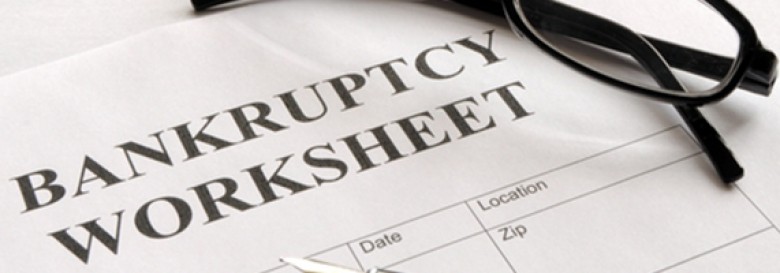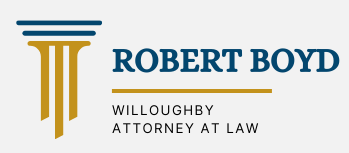Bankruptcy Filing – What Do I Have to Do?

The decision to file for bankruptcy can be wise if you’ve found yourself owing more than you can repay with fees and interest stacking up and saddling you with more and more debt. Still, you may wonder just what’s going to happen if you decide to go forward with a bankruptcy? What’s involved and what specifically will be required of you? Read on to find out.
Step 1: Credit Counseling
Under the current laws, you must go through credit counseling before you can file for bankruptcy. Credit counseling is designed to help you identify the problems that led to your debt and develop a plan that will help you avoid going into debt in the future. At the conclusion of the counseling, you’ll receive a credit briefing document from the certified credit counselor. This must be presented to the bankruptcy court to prove that you fulfilled the counseling requirement. You can complete the counseling in person, by phone or online.
Step 2: Bankruptcy Papers
After completing credit counseling, an attorney will file a petition on your behalf with the bankruptcy court. Along with the petition, you must submit a list of all of your assets and liabilities. Your attorney will help you put together the paperwork, but it will be your job to gather all of the names and addresses of your creditors and the total amount that you owe them. In addition, you’ll have to provide your attorney with information about all of your assets. It’s important that you’re open, honest and willing to provide accurate information during the process.
Step 3: The 341 Meeting
After the paperwork is filed, you’ll need to show up at a meeting with your creditors along with your attorney. A bankruptcy trustee is appointed to oversee your case and any of your creditors that attend are free to ask you questions about your financial affairs at this meeting. You will have to answer their questions under oath and provide truthful answers.
Step 4: Waiting for Discharge
In most cases, your work is finished after the 341 Meeting. Your attorney may contact you to follow up for additional information, but in most cases, your bankruptcy will be discharged within 3 to 6 months after the meeting.
Attorney Robert A. Boyd has been helping members of the Willoughby, Ohio, community and surrounding areas through bankruptcy proceedings for more than 25 years and is here to guide you through the process. To find out whether or not bankruptcy is the right choice for your needs or take the first steps toward filing, call his office at 440-230-3230 to set up a free consultation.
